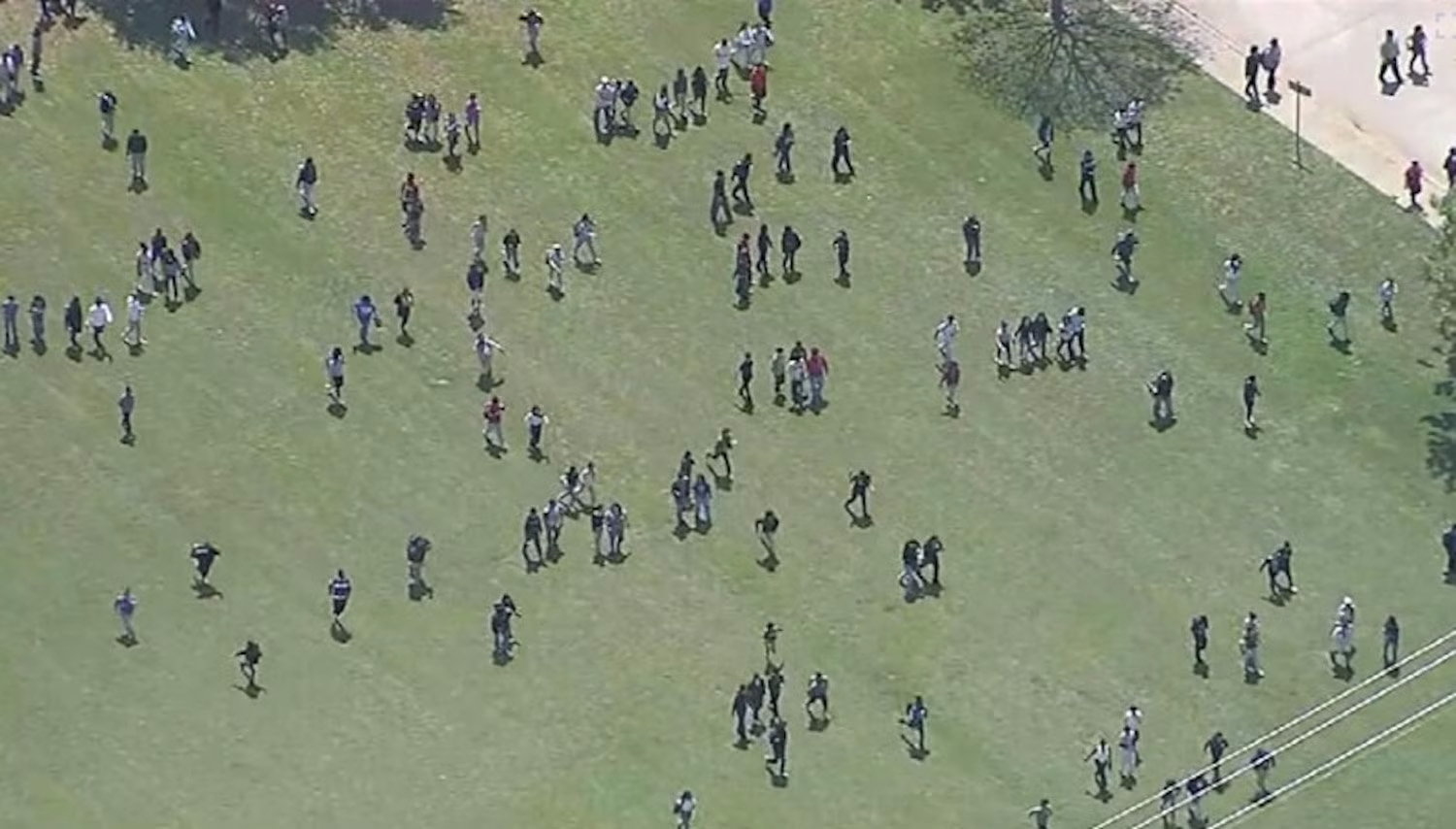2 women involved in Houston's first sit-in demonstration speak with ABC13 to commemorate 62 years

HOUSTON, Texas (KTRK) -- A group of students who attended Texas Southern University did the unthinkable,by marching and sitting down at an all-white, segregated grocery store lunch counter. Now, 62 years later, two of them sat down with ABC13's Melanie Lawson to recall the move.
Loretta Williams and Dorothea Henry-Miller have known each other for most of their lives, but they formed a bond during the civil rights movement.
SEE ALSO: ABC13 VAULT: 60 Years ago today, students protested to end segregation
Williams, a TSU freshman at the time, and Henry-Miller, a 22-year-old senior back then , marched a mile from the campus with other protestors to the Weingartners Supermarket on Almeda in Houston. They walked in, sat, and asked to be served.
"Usually, we were asked to leave. We weren't going to be served. We didn't belong there. You know, they were not going to serve us. And we just had to ignore them when they'd ask us to leave," Henry Miller said.
They said law student Eldrewy Stearns told them to dress up and ignore the threats and insults being hurled at them. Stearns is credited to have helped plan the protests.
"You know, they said to go back to Africa. Some people would say stuff like that," Williams said.
They were young, but saw that the world was changing. Black students in North Carolina were already ahead and held the first few sit-ins at a "whites-only counter," and TSU students wanted to do the same.
And it didn't stop there. Students went all around the city, including a stop at City Hall, taking turns and sitting quietly at lunch counters. Carrying signs etched with wording that called for the end of segregation.
Henry-Miller and Williams decided on another place to demonstrate: the Union Pacific train station lunch counter. Shortly after sitting down, both were arrested.
READ ALSO: 13 people who made a big impact on Black history in the U.S. and Houston
"I wasn't scared," Henry Miller explained. "I was concerned about our safety, but I wasn't scared because each time we demonstrated, there were reporters and some safety in, you know, cameras recording everything."
Following the arrests, many churches and black businesses would bail out the students and assist them with finding legal help.
SEE ALSO: SHAPE Community Center in Third Ward celebrates 51 years of service
Though fighting for equality, their parents didn't feel the same.
"Mine were very proud, my parents," Williams said.
"My mother was not. She did not want me involved because she feared for our safety. She had seen what was happening in other parts of the country, you know, with dog hogs, water hoses, police brutality and all, and mother did not want that to happen to me," Henry-Miller said.
Although that violence wasn't seen in Houston, for the most part, they were well aware of the danger they faced, but that didn't stop the movement.
"I think that we did our part in Houston and, throughout the United States, other young people did the same thing. So I think we all, I was very instrumental in making changes. I believe that if we had not, the changes would not have been made," Henry Miller said.
Most businesses in Houston were desegregated by the end of 1960. That was partly because of Black leaders meeting with white businessmen in secret, but those wouldn't have happened had it not been for the student-led protests.











